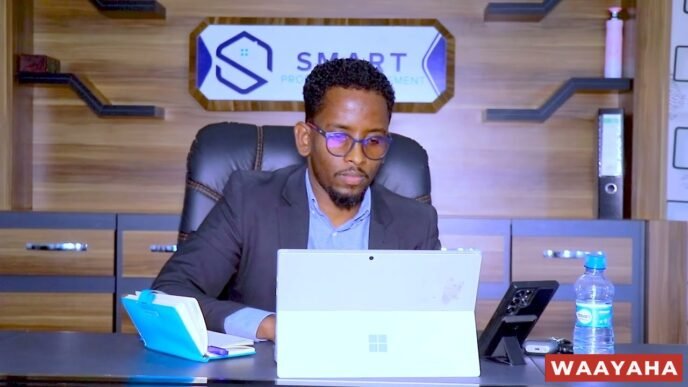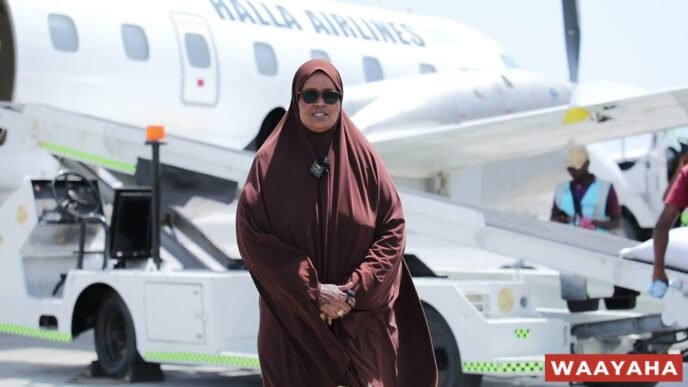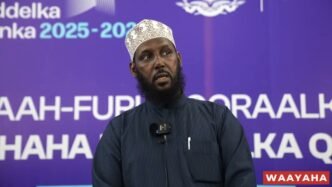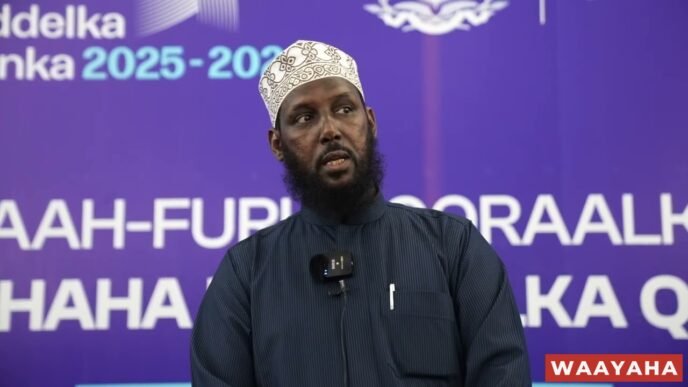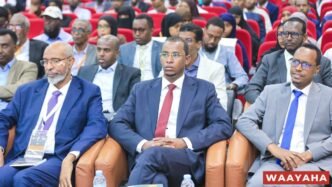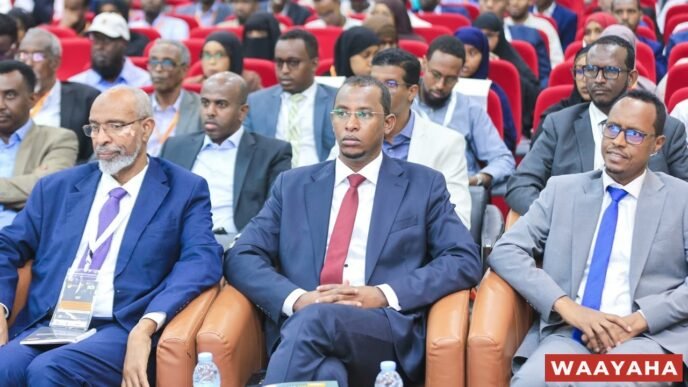In the heart of Mogadishu, a somber courtroom witnessed the unfolding of a high-profile case involving allegations of extremism and violence. The prosecution presented a transcript detailing the alleged activities of three defendants, painting a picture of their purported involvement in armed conflicts, bombings, and acts of terror.
As the proceedings unfolded, the first two defendants, identified as the primary accused, faced a litany of charges stemming from their alleged participation in numerous battles that claimed the lives of Somali soldiers and civilians. The third defendant, Shuceyb Ali Hassan Abdow, stood accused of acting as a spotter and facilitator, providing intelligence on potential targets for the alleged attacks.
However, the courtroom took an unexpected turn when Abdow, a man described as hearing-impaired and intellectually challenged, offered a startling testimony. He admitted to joining the extremist group Al-Shabaab in 2009 but claimed to have left the organization in 2015, asserting that he never participated in any combat or violent activities.
The prosecution’s case hinged on several articles of Somali law, including provisions related to acts of terrorism resulting in death. They urged the court to impose the harshest possible sentence on the defendants, citing their alleged violations of multiple legal provisions.
In a surprising twist, the defense team argued that the prosecution had failed to provide sufficient evidence to substantiate the charges against their clients. They highlighted the lack of concrete proof linking the defendants to the specific incidents and casualties cited by the prosecution.
As the trial reached its climax, the court found itself grappling with the complexities of the case, weighing the testimonies against the paucity of tangible evidence. The defense counsel pleaded for leniency for Abdow, citing his intellectual disabilities and the absence of definitive proof of his involvement in violent acts.
The outcome of this high-stakes case will undoubtedly have far-reaching implications, not only for the defendants but also for Somalia’s ongoing efforts to combat extremism and uphold the rule of law. The courtroom drama encapsulated the delicate balance between ensuring justice and safeguarding the rights of the accused, a challenge that resonates across legal systems worldwide.



